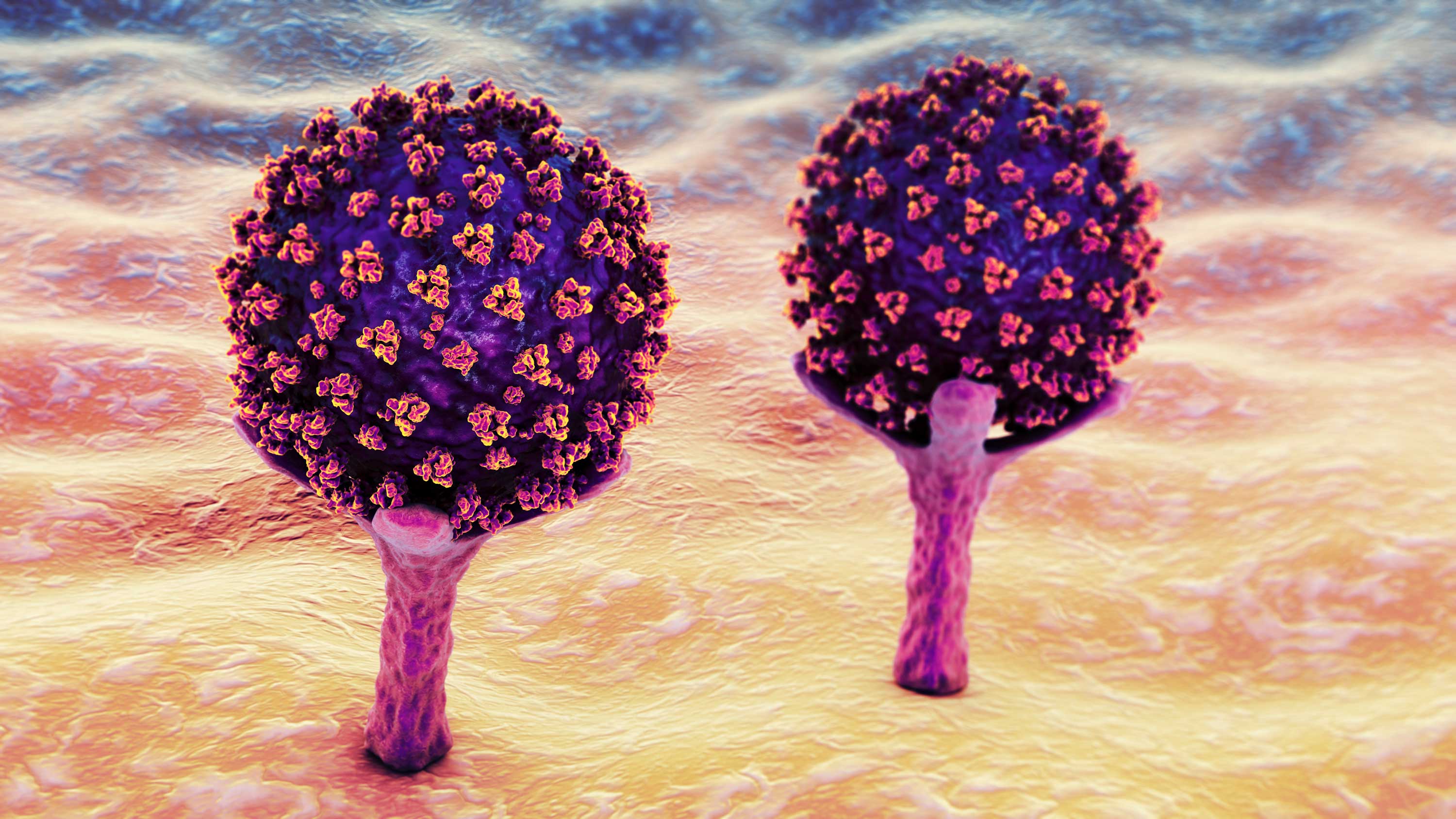Female COVID-19 patients face less severe disease complications and a lower risk of dying than male patients thanks to hormones and chromosomes that contribute to a stronger immune response, according to new research from a University of Alberta-led team.
“The highlight of our study is how the sex differences in COVID-19 are linked to ACE2,” said senior author Gavin Oudit, professor of medicine in the Faculty of Medicine & Dentistry, Canada Research Chair in Heart Failure and director of the Heart Function Clinic at the Mazankowski Alberta Heart Institute.

ACE2 is the enzyme that acts as the receptor allowing SARS-CoV-2 to enter the body, but it is also key in protecting against cardiovascular, lung and kidney diseases.
“Because of their chromosomes, women have two copies of the ACE2 gene and men have only one copy,” Oudit said. “This does not seem to make women more susceptible to COVID-19 infection, but it does protect them from the complications associated with the virus.”
Oudit explained that ACE2 is an X chromosome-linked gene. To avoid duplication, one X chromosome tends to be inactivated, but due to its location ACE2 escapes inactivation, meaning women have twice as many active genetic instructions to make ACE2.
Another gene that is twice as strong in women due to this X-inactivation escape is called Toll-like receptor seven, a key part of the innate immune system.

“The stronger presence of Toll-like receptor seven in women explains why women’s immune systems are stronger than men’s and can tolerate virus infection better, including the common cold,” Oudit said. “The man-cold phenomenon is real.”
In the study, the researchers report that men face more severe illness and poorer outcomes around the world, including in Alberta. They note that women likely face more exposure to SARS-CoV-2 than men—for example, 70 per cent of health-care workers are female—but this is not reflected in their outcomes.
“Due to gender issues, women face more risk, so it’s reassuring to know that their outcomes are not any worse; in fact they are clearly better than men’s,” Oudit said.
Research is underway to understand how manipulating ACE2 levels might help COVID-19 patients, to prevent infection by blocking the enzyme or to protect the cardiovascular system, lungs and kidneys by enhancing it.
“We need to look at the factors that are responsible for better outcomes for everyone, taking sex differences into consideration when we test new therapies and provide COVID-19 care,” said Oudit.
The research was led by PhD candidate Anissa Viveiros and was funded by the Canadian Institutes of Health Research and Heart & Stroke Foundation.